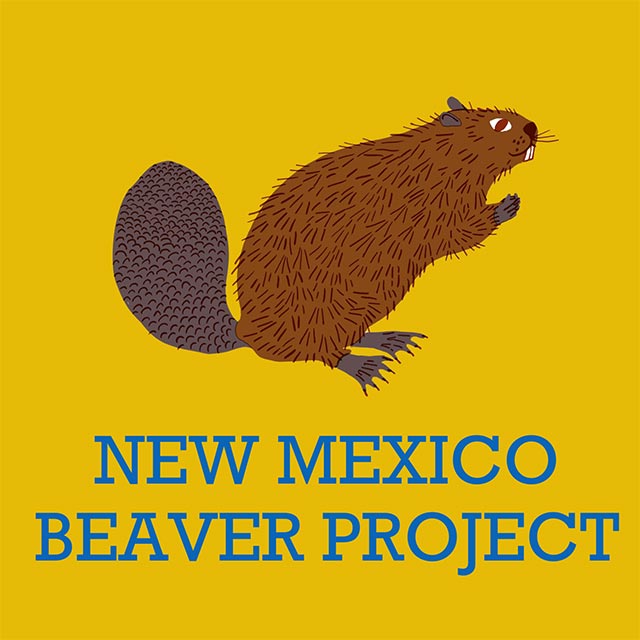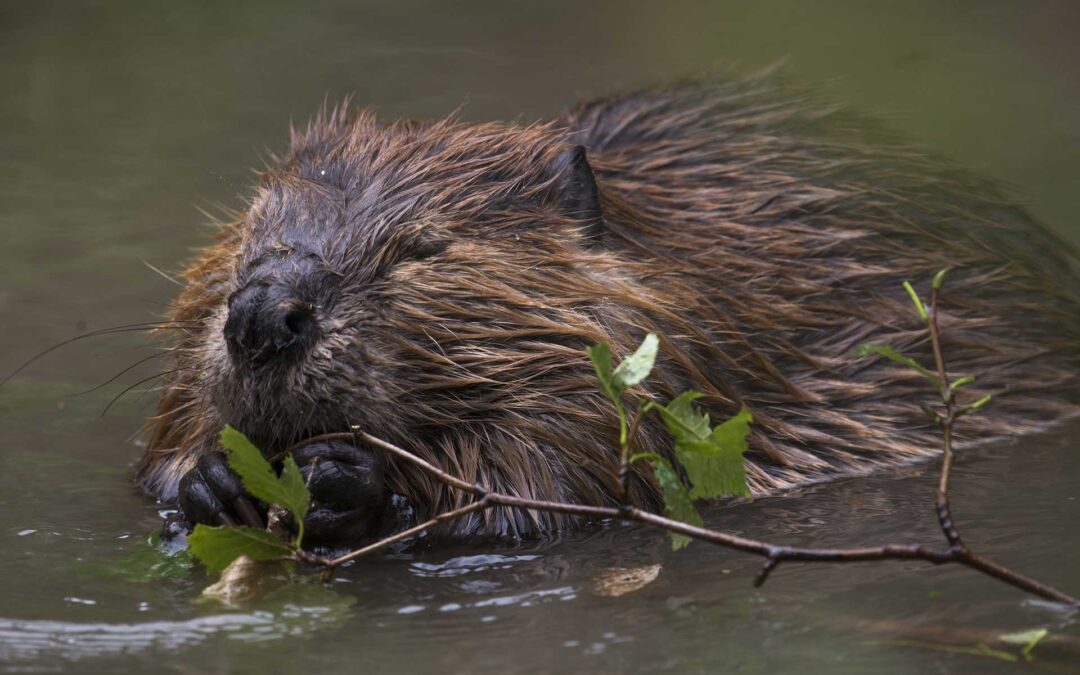For decades, beavers were considered pests – trapped and shot on sight. Now the attitude towards nature’s best engineers is changing, and farmers are working to bring them back.
Jay Wilde stared at the dry creek on the ranch his family had owned for decades for the umpteenth time that week. He was trying to remember what had changed on the land – when he was a child, Birch Creek would run year-round. Now he was lucky if they got six months’ worth of water. Wilde had been away from his southern Idaho ranch for 30 years, returning to run cattle in 1995. And the cows needed water.
“Without water, it was becoming really hard for me to manage the ranch,” Wilde explains. “I eventually put in a water system for the cows to drink from, but it seemed wrong to me that the stream should be drying up. There’s a lot of life that depends on that water.”
In northern New Mexico, Darr has seen farmers “drastically” change their perception of beavers. “They were pretty hesitant, but they saw first-hand how the beavers provided sustained, reliable water sources throughout the year, even during the hot dry summer we had. To see it is to believe it. We just have to show people what beavers can do for other wildlife, and humans.”
“Beavers are a major solution to helping us adapt to future climate change effects,” Darr says. “They’re amazing creatures that can help us a lot if we just learn to live with them.”

